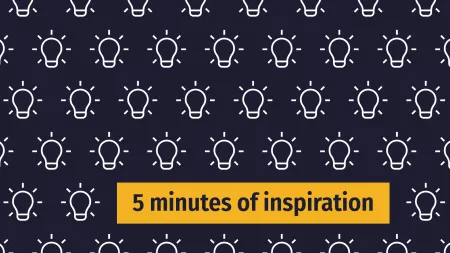What would make you feel more dignified in your life? Better clothes? More money? A fancier car?
100% of refugees in CARE's Shelter program said they feel more dignified. Sometimes, what it takes to feel dignified is heartbreakingly simple. According to one health center serving refugees in Uganda, it's simpler: “...there was already an incentive ... [i]t had a bucket and anybody would need that bucket in an emergency.”
For South Sudanese refugees in Uganda, some of the items they said that made them feel safer and more dignified are: actual walls instead of a tent, a lock on the door, a paper record that proves they got health services, and a bucket.
Dignity is not the only thing CARE delivers. Improved health services, safer spaces, and less violence are all impacts in the Shelter, Protection, and Health for South Sudanese Refugees in Uganda. The project was funded by Global Affairs Canada from 2017 to 2018 for $750,000. It reached 37,017 people.
What did we accomplish?
- People have restored their dignity: 100% of people report feeling the are now living a more dignified life.
- People feel safer: 58% of women and 52% of men feel less exposed to risks of violence now. “I am more relaxed and free now, I don’t worry so much, I have peace of mind since this house was constructed for me.”
- Women have more mobility: As one woman says, “I can go to the market knowing that my things are safe.” That means they can earn money and buy food and clothes for their families.
- Women have more access to health services: The number of women who give birth in a health center has gone up 2.3 times. As one mid-wife says, “when a woman reaches antenatal and goes back home with that passport, it will give her that pride and build more confidence on other women to go too.”
- Services are stronger: 91% of health workers say they feel more prepared to handle the influx of refugees. Refugees also say they are more satisfied with the health services available to them.
- GBV services are stronger: 61% of refugees say the GBV services are reliable, and 77% of women feel that they can report cases of violence. More than 18,000 people can exercise their right to a life free from violence.
How did we get there?
- Focus on what the community says they need: Refugees continued to say they needed better shelters, and CARE was able to deliver (after a little trial and error). That meant there was more trust and buy-in for other project activities.
- Get health services closer to people: The project worked with community volunteers to do door-to-door health visits and referrals so that people can access the services they need.
- Create space to address GBV: The project worked with local leaders and gender volunteers to address issues of gender-based violence. They set up a case management system to help survivors seek support and referred survivors to local health services.
- Shed a little light: The project mapped GBV hotspots and set up solar lights in high-risk areas to reduce instances of violence.
Want to learn more?
Check out the final evaluation. Or listen to the Uganda team talk about how they got the idea for improved housing on the Failing Forward podcast.
